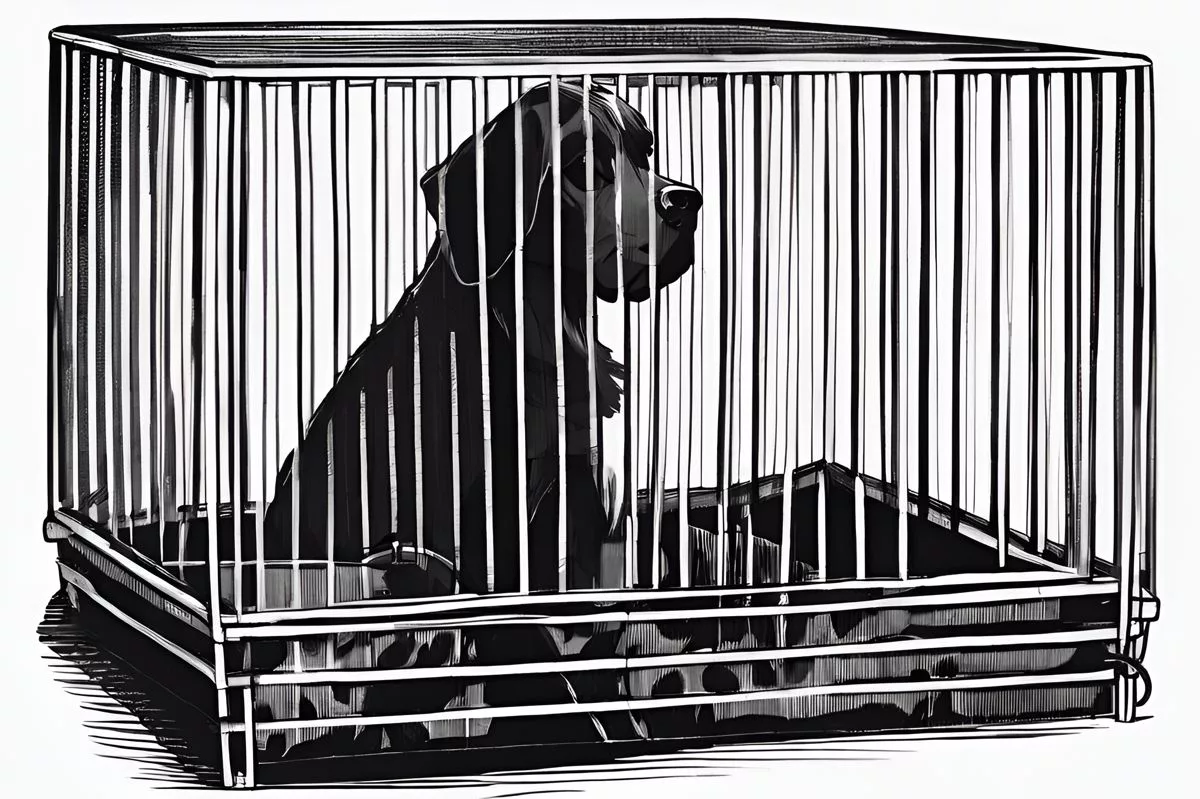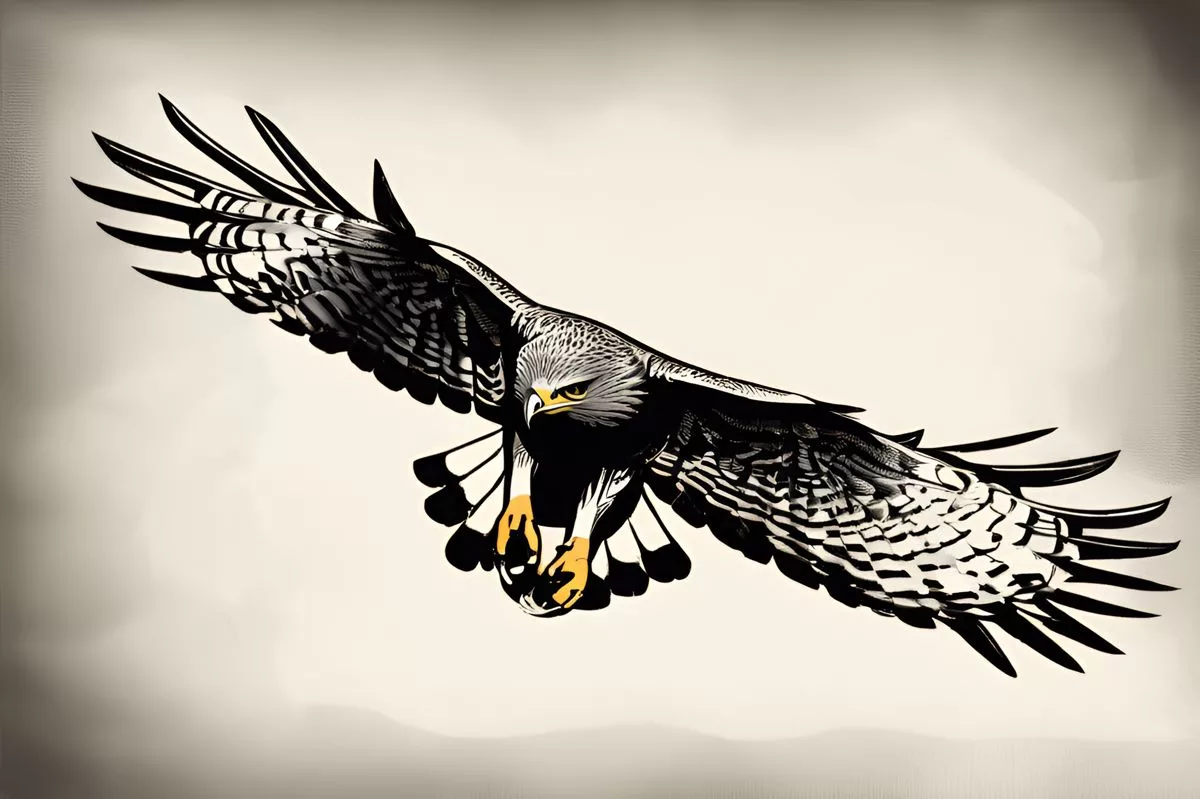A sanctuary in Cape Town meant to provide refuge for distressed animals turned into a location of neglect and overcrowding. The Society for the Prevention of Cruelty to Animals (SPCA) rescued 31 dogs in dire need of medical intervention. The SPCA issued a stern warning to the facility, and with the help of the Cape Animal Welfare Forum, several organizations offered to accommodate the animals. This incident highlights the importance of collaboration in tackling animal welfare issues and the responsibility animal welfare organizations have to ensure sanctuaries remain places of rehabilitation and second chances.
A sanctuary designed to be a safe haven for distressed animals turned into a location overwhelmed by overcrowding, causing the Society for the Prevention of Cruelty to Animals (SPCA) to successfully remove 31 dogs in dire need of immediate medical intervention. After issuing a stern warning to the facility, the SPCA sought help from the Cape Animal Welfare Forum, resulting in several organizations offering to accommodate the animals from the sanctuary. This incident underscores the importance of collaboration in tackling animal welfare issues.
A Shocking Discovery in the Animal Rescue World
The animal welfare community was recently hit with an unexpected setback when the Society for the Prevention of Cruelty to Animals (SPCA) found itself tasked with rescuing dogs from an institution – a sanctuary designed to be a safe haven for distressed animals. This perplexing situation occurred in Cape Town, casting a gloomy shadow over the animal welfare community.
Initially, the sanctuary was conceived as a place of refuge for abandoned and neglected animals. However, it turned into a location overwhelmed by overcrowding. The sheer volume of dogs made it difficult for investigators to efficiently attend to each animal. Despite these challenges, the SPCA, displaying steadfast determination, managed to successfully remove 31 dogs under a warrant executed on a Wednesday.
Health Conditions of the Rescued Dogs
During this operation, an independent veterinarian was present to assess the health conditions of these dogs. The vet identified these 31 dogs as the ones in dire need of immediate medical intervention. The health conditions of the rescued animals spanned from severe to critical. This included a dog suffering from infected burn wounds, a dire consequence of a fire on August 14 that had not received any veterinary care, a puppy with a serious septic head wound, and a dog so unwell it was unable to walk.
The SPCA noted that the sanctuary had recently suffered both a flood and a fire. However, these unfortunate events were not the root cause of the dire state the animals were found in. On the contrary, the conditions were symptomatic of a chronic pattern of neglect.
SPCA’s Response and Public Appeal
Following this discovery, the SPCA issued a stern warning to the facility. The warning outlined certain conditions, which included reducing the sanctuary’s animal population by half. In order to accomplish this, the SPCA solicited the help of the Cape Animal Welfare Forum, seeking their assistance in rehoming the animals into safe environments.
The public appeal triggered an immense outpouring of support from the animal welfare community. Several organizations reached out, offering to accommodate the animals from the sanctuary. A representative from the SPCA expressed gratitude, “We thank each and every organization who has taken animals in.”
Speculation began to circulate implying a mass euthanasia was on the cards. However, the SPCA promptly dispelled these rumors, asserting that there were no plans to euthanize healthy animals at the facility.
Lessons From the Incident
This incident in Cape Town provides a sharp reminder of the responsibilities that come with animal care. An overpopulated sanctuary can quickly morph into a setting of neglect and despair, rather than a place of rehabilitation and second chances. While animal welfare organizations work hard to provide a respite from abandonment and cruelty, they must also ensure the sanctuary doesn’t descend into yet another scene of neglect due to overcrowding or mismanagement.
Moreover, this incident underscores the importance of collaboration in tackling animal welfare issues. The SPCA’s reach out to the Cape Animal Welfare Forum and the resulting quick response from various organizations demonstrates the effectiveness of united action.
Most importantly, this incident is testament to the steadfastness of the animal welfare community in trying circumstances. Despite the obstacles, their unwavering commitment to protect and nurture these animals remains steadfast, providing hope that each animal will eventually find their safe haven, their sanctuary, where they are loved and cared for.
What happened at the animal sanctuary in Cape Town?
An animal sanctuary in Cape Town designed to be a safe haven for distressed animals turned into a location of neglect and overcrowding, causing the Society for the Prevention of Cruelty to Animals (SPCA) to rescue 31 dogs in dire need of medical intervention.
What were the health conditions of the rescued dogs?
An independent veterinarian present during the operation identified the 31 rescued dogs as the ones in dire need of immediate medical intervention. The health conditions of the rescued animals ranged from severe to critical, including infected burn wounds, serious septic head wounds, and dogs so unwell they were unable to walk.
What was the SPCA’s response to the situation?
The SPCA issued a stern warning to the facility, outlining certain conditions that included reducing the sanctuary’s animal population by half. They also solicited the help of the Cape Animal Welfare Forum and several organizations offered to accommodate the animals from the sanctuary.
Was there a plan for mass euthanasia?
There were rumors of mass euthanasia, but the SPCA dispelled them, asserting that there were no plans to euthanize healthy animals at the facility.
What lessons can be learned from this incident?
This incident highlights the importance of collaboration in tackling animal welfare issues and the responsibility animal welfare organizations have to ensure sanctuaries remain places of rehabilitation and second chances. An overpopulated sanctuary can quickly turn into a setting of neglect, rather than a place of refuge.
What was the public response to the situation?
The public appeal triggered an immense outpouring of support from the animal welfare community. Several organizations reached out, offering to accommodate the animals from the sanctuary, and the SPCA expressed gratitude for each and every organization who took in the animals.












